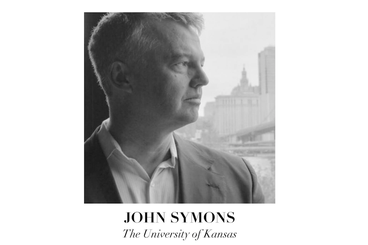John Symons, “Democracy and Scientific Expertise in Epidemiology”
Seventh workshop of the series "Chats on Philosophy and the Life Sciences", organized by Antonella Tramacere (University of Bologna) and John Bickle (Mississipi State University).

-
Date: 20 MAY 2021 from 18:00 to 20:00
-
Event location: Online
-
Type: Chats on Philosophy and the Life Sciences
The so-called epistemic turn in the study of deliberative democracy assumes that the acceptability of a political order should be judged, at least in part, on its record of and prospects for epistemic success. Authoritarian regimes in non-democratic societies, along with managerial elites in non-democratic institutions in liberal democracies have praised themselves for “following the science” during the pandemic. Authoritarians advertise their ability to act nimbly and decisively in ways that take account of our best scientific understanding. By contrast, epistemic democrats “positively defend the truth-tracking properties of democratic procedures.” (Hélène Landemore 2017) Proponents of epistocracy see rule by experts as preferable to democracy because the vast majority of citizens are unable to form correct judgments concerning socio-economic matters. (Jason Brennan 2016) In this paper I argue that “experts should be on tap not on top” and that deference to experts in policy making contexts is both illegitimate and not truth conducive. The central role of epidemiology during the covid-19 pandemic has forced us to recognize the need to strengthen democratic procedures in pursuit of epistemic goods. I will consider three related dimensions of scientific practice where democratic governance is required for better science and for more successful policy making.
Event is free and open to interested philosophers and scientists! Contact John (jbickle@philrel.msstate.edu) or Antonella (antonella.tramacere2@unibo.it) for login instructions.